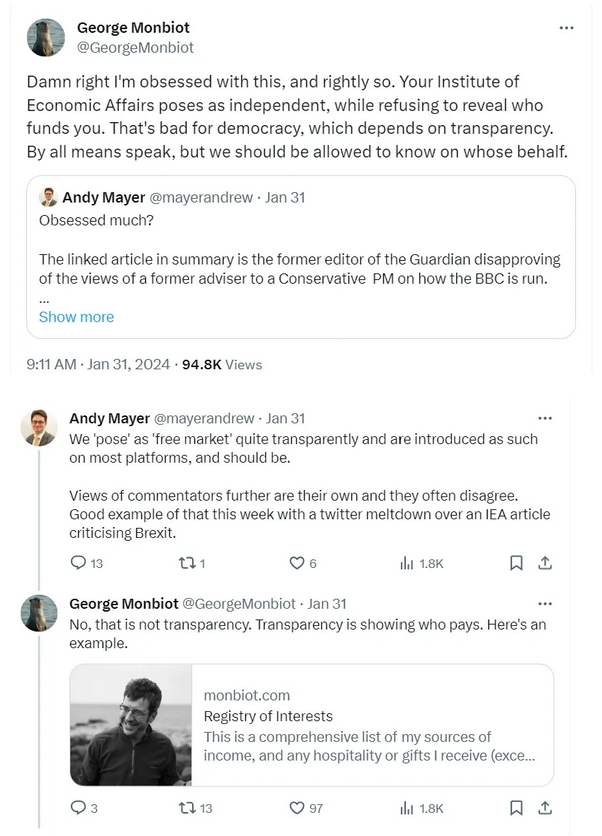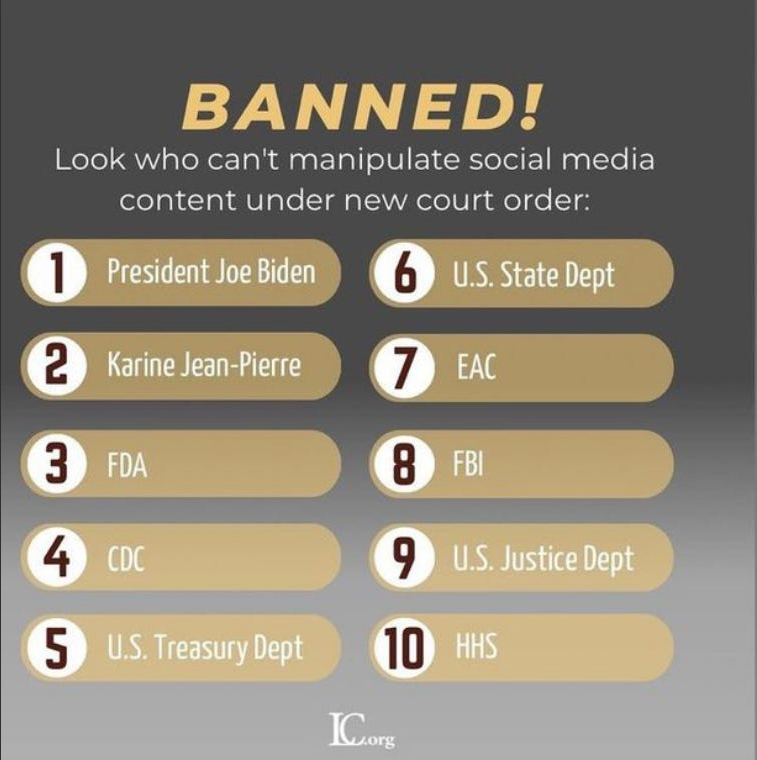In the latest SHuSH newsletter, Ken Whyte provides a thumbnail history of the American publishing house Simon & Schuster:
The firm was started by Richard Leo Simon, a Great War veteran and piano salesman, and his partner, Max Lincoln Schuster, an auto magazine editor. They had met when Simon failed to sell Schuster a piano. They scraped together $8,000 in savings and loans from friends, family, and a telephone operator, and launched their first title in 1924: The Cross Word Puzzle Book, a collection compiled by the editors of the New York World, which was reputed to have the best crossword of the day. Each copy of the book came with a pencil and an eraser.
Messrs. Simon and Schuster initially called themselves The Plaza Publishing Company (something S&S doesn’t mention on its history webpage). They didn’t want to be personally associated with a novelty publishing project.
The novelty project sold 40,000 copies in three months and just under half a million in its first year, earning the boys a profit of $100,000, which has to be the fastest start ever for a book publisher. The Cross Word Puzzle Book was a cash cow for decades to come — there were at least fifty-six more editions, the vast majority published as S&S books. Its proceeds funded many better quality publishing initiatives.
Will Durant’s The Story of Philosophy was published in 1926 to critical success and impressive sales. Hervey Allen’s Anthony Adverse won the Pulitzer in 1934, as did Thomas Wolfe’s You Can’t Go Home Again in 1940. Will and Ariel Durant’s eleven-volume The Story of Civilization, which started publishing in 1935 and would take forty years to complete, also won a Pulitzer and was another huge seller.
By the time S&S acquired the paperback rights to Margaret Mitchell’s Gone with the Wind in 1942 and Fitzgerald’s The Great Gatsby in 1945, it was already the leading publisher in America. To make sure everyone knew it, the boys moved into a stunning new headquarters at one of the most expensive addresses in the world, 1230 Avenue of the Americas, part of Rockefeller Center.
While it was winning its share of literary awards and publishing some great books, Simon & Schuster never forgot its roots in commercial projects. In mid-life it was famous as the how-to publisher: How to Read a Book, How to Improve your Memory, How to Raise a Dog, How to Think Straight, How to Play Winning Checkers, and the bestselling granddaddy of them all, Dale Carnegie’s How to Win Friends and Influence People, which has sold a staggering thirty million copies and still routinely shows up on bestseller lists.
Interestingly, the operational brains behind S&S was an unnamed partner, Leonard Shimkin, who joined the company as business manager at age seventeen. It was largely at Shimkin’s initiative that S&S launched Pocket Books in 1939, establishing the concept of inexpensive paperbacks, which broadened the reading public and opened the door to the expansion of genre fiction. He was also the one who walked Dale Carnegie into S&S.
The boys sold the company to Marshall Field, owner of the Chicago Sun, in 1944 but continued to work at it. They bought it back when Field died in 1956, this time with Shimkin taking an equity position. Simon retired in 1957 and Schuster not long after, eventually leaving Shimkin with sole ownership.
Meanwhile, the hits kept coming. Joseph Heller’s Catch-22 in 1961, Rachel Carson’s Silent Spring in 1962, Capote’s In Cold Blood in 1966, Alex Haley’s Roots in 1976, Larry McMurtry’s Lonesome Dove in 1985, Stephen Hawking’s A Brief History of Time in 1988, and so on.
In 1975, Shimkin sold S&S to Gulf + Western, the first in a depressing series of corporate foster homes, none of which has known anything about or cared anything for books. G+W became Paramount in 1989, which was acquired by Viacom in 1994, which split into two companies in 2005, with Simon & Schuster becoming part of CBS Corporation, which in 2019 was merged back with Viacom, which in 2022 changed its name to Paramount Global and, after failing to unload S&S to Penguin Random House that same year, landed it with KKR the next. More on why all the corporate shuffling is far from over here.
Simon & Schuster and its subsidiary, Scribner, are the last great American-owned monuments to the golden age of American book publishing, which runs from about 1920 through to … I don’t know, the 1970s? All the others — Random House, Knopf, HarperCollins, Little, Brown & Co. — are owned by foreign conglomerates (HC’s owner, News Corp, is technically American but its controlling family, the Murdochs, are culturally British when they’re not being Australian).












